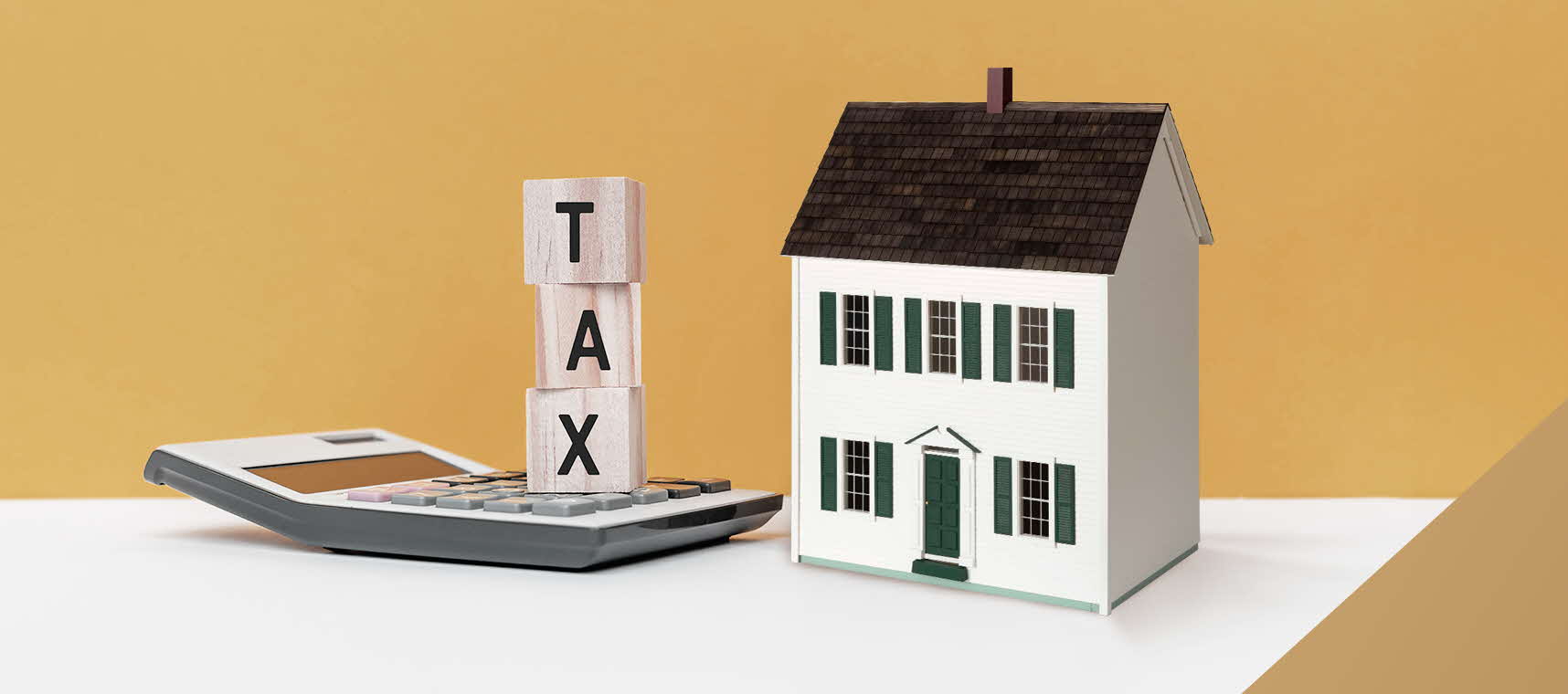This article was prepared in collaboration with Fladgate, a bespoke UK law firm that specialises in working with High Net Worth (HNW) and Ultra High Net Worth (UHNW) families, their corporate structures and family office platforms.
A major complexity of investing in overseas markets is: Taxes.
In this guide, one of our partners helps to answer commonly-asked questions about the costs and taxes an overseas investor would face when buying UK property.
If you’re ready to invest, DBS Treasures can help with property financing. Plus, we have a network of partners that can help take care of your legal, property management, property maintenance, and relocation needs.
(Related reads: Property rights, types, and documentation required for foreign purchases of UK property.)

Planning your costs
Q: What upfront costs should I plan for when buying UK real estate?
Typical costs for a UK real estate purchase are fees associated with arranging your bank financing, and include:
- Valuation of the property.
- Building survey of the property.
- Solicitors’ fees: For the solicitor acting for you and for your bank.
- Property search fees: Your solicitor will need to do a thorough search of the property. This usually costs £1,500 per property but can be more for commercial properties.
- Stamp Duty Land Tax (SDLT): This is calculated by applying the rate for either commercial or residential property (as applicable) against the purchase price you are paying. For a lease, the purchase price is calculated as a combination of any premium and the rent paid over the initial period of the lease. Your solicitor will calculate the amount of tax you owe and submit it to the UK tax register (HM Revenue & Customs).
Q: What are the ongoing costs associated with owning UK real estate?
Typical ongoing costs to be aware of:
- Managing agent’s fees: This applies if you’re letting out your property to a tenant and have engaged a property agent to manage this for you.
- Service charge: This is the landlord’s costs of providing common services, and applies to properties owned under leases.
- Insurance: The cost of insurance for either your house or flat (part of the whole building), as well as contents insurance for the furniture and belongings in your flat.
- Utilities: The cost of Council tax (which is a tax paid by each property in an area for local services) and the cost of water and drainage, electricity, gas/oil and telecoms.

Planning your tax affairs
Q: What taxes will I have to pay as a foreign investor?
It’s always worthwhile obtaining tax advice before investing in UK property as the taxes that may be payable when you purchase and sell a property will depend on several factors.
For example, the amount of Stamp Duty Land Tax (SDLT) you’ll pay will depend on:
- Whether you’re an individual or a company,
- Whether you own other UK residential property, and
- Whether you’re a UK resident or a non-UK resident.
If you’re purchasing property through a company, annual taxes on enveloped dwellings (ATED) might apply to your purchase. This tax is charged yearly to companies that own residential property valued at more than £500,000. The amount of ATED depends on the value ‘band’ that the property falls under. These valuations are updated every five years.
Current ATED rates
Property value | ATED amount |
|---|---|
| £500,000 - £1 million | £4,400 |
| More than £20 million | £287,500 |
Q: What about if I sell the property?
It's also important to consider taxes you might have to pay if you sell the property in the future. Non-UK residents selling a property that is not their principal private residence will need to pay non-resident capital gains tax (NRCGT).
The rate of NRCGT is currently 24% for residential property. You’ll need to report and pay NRCGT within 60 days of selling the property. Broadly, the tax is calculated based on the increase in value of the property since acquisition.
If a company owns the property, the company needs to pay UK corporation tax when they sell the property.
The current corporation tax is 25%. This should be reported on the company’s corporation tax return.

Q: And if I want my family to inherit it?
The value of your UK residential property will be subject to UK inheritance tax (IHT) on death, even if you’re not a UK resident. The current rate of IHT is 40%. You may also be subject to IHT if you’re a shareholder in a company that owns UK residential property.
It’s advisable to have a UK Will which governs how the property should pass upon death. This may help mitigate IHT liability – for example by leaving property to a spouse, it will exempt your property from IHT. It’s important to seek advice before doing this.
Following the UK Spring Budget 2024, there have been significant changes proposed to the UK’s “non-dom” regime of taxation for individuals who are UK resident but not UK domiciled. Although these changes don’t take effect until 6 April 2025, you may want to think about how this might affect you, especially if you’re currently claiming “non-domiciled” status in the UK or if you’re planning to move to the UK in the future.
Turn these dreams into reality with an overseas property loan, and tap on our network of partners.
Get in touch
More from our UK property series
1. Must-know tips for London property investors
2. Up and coming districts to look out for in London
3. UK Property: Finding the Right Agent and Valuer
4. A Guide to London Property Pitfalls for International Buyers
5. Investing in UK Property: Your FAQ Guide
6. Closing the Deal: London Property Ownership
Disclaimers and Important Notices
This article is meant for information only and should not be relied upon as financial advice. Before making any decision to buy, sell or hold any investment or insurance product, you should seek advice from a financial adviser regarding its suitability.








